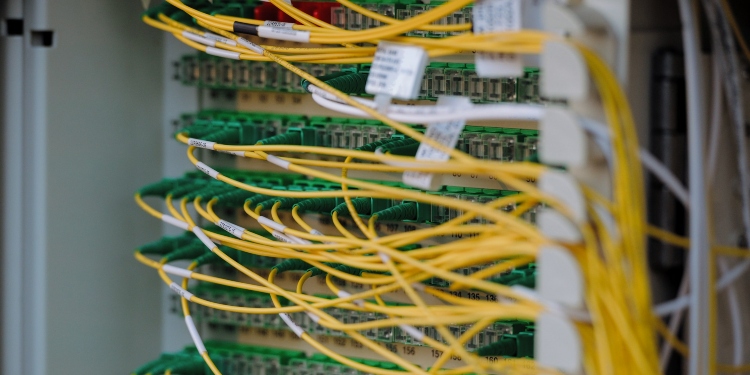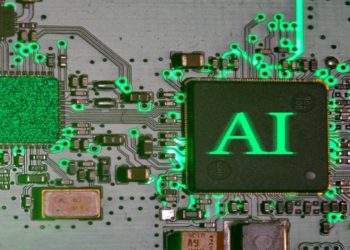In an increasingly digitized business world, companies face the challenge of optimizing their transaction processes while simultaneously increasing efficiency. Electronic Data Interchange (EDI) has established itself as one of the most important technologies revolutionizing traditional paper-based business processes.
This proven technology enables companies to electronically exchange structured business documents such as purchase orders, invoices, and delivery notes between different computer systems without requiring human intervention. The automated transmission of business data has already simplified millions of transactions worldwide today and will play an even more significant role in the future.
Fundamentals and Definition of Electronic Data Exchange
To fully understand the scope of this technology, it is important to clarify what is electronic data interchange means at its core. EDI refers to the structured electronic exchange of business documents between companies using standardized formats and protocols. This technology is based on established standards such as EDIFACT, ANSI X12, or TRADACOMS, which ensure that different computer systems can communicate with each other regardless of the software or hardware used.
Electronic data interchange eliminates the need for manual data entry, thereby significantly reducing both error sources and processing times. By using uniform message formats, companies can automate their business processes while improving the accuracy of their transactions. This standardized communication forms the foundation for efficient supply chains and enables companies to respond more quickly to market requirements.
Current Benefits and Application Areas
The implementation of EDI systems already brings companies significant advantages today. Cost reduction is at the forefront, as paper-based processes, postage, and manual processing are eliminated. At the same time, the entire transaction cycle accelerates considerably – while traditional ordering processes can take days or weeks, EDI transactions are processed in minutes or hours.
The error rate drops dramatically as human input errors are virtually eliminated. EDI has proven indispensable particularly in the automotive industry, retail, and logistics sectors. Major retail chains now routinely require EDI capabilities from their suppliers to optimize their supply chains. The traceability of products and compliance with regulatory requirements is also significantly simplified through structured data formats.
Technological Developments and Future Trends
The future of EDI will be significantly shaped by new technologies. Cloud-based EDI solutions are making this technology accessible to smaller companies that previously could not afford expensive on-premise systems. Artificial intelligence and machine learning will make EDI systems more intelligent by recognizing patterns, identifying anomalies, and suggesting proactive optimizations.
Integration with APIs and modern web services significantly expands possibilities and enables real-time data transmissions. Blockchain technology could bring additional security and transparency to EDI transactions, while Internet-of-Things devices can automatically generate EDI messages when certain events occur.
Challenges and Implementation Strategies
Despite the obvious advantages, companies face various challenges when implementing EDI. Initial investment costs can be substantial, especially for integration into existing ERP systems. Employee training is necessary, and standardization with business partners often requires intensive coordination.
Security aspects must be carefully considered as sensitive business data is transmitted. Successful implementations typically begin with a thorough analysis of existing business processes, followed by a gradual introduction with important trading partners. Choosing the right EDI provider and defining clear governance structures are crucial for long-term success.
Electronic Data Interchange will continue to play a central role in the digital transformation of companies in the future and create new opportunities for efficient, automated business processes.
David Prior
David Prior is the editor of Today News, responsible for the overall editorial strategy. He is an NCTJ-qualified journalist with over 20 years’ experience, and is also editor of the award-winning hyperlocal news title Altrincham Today. His LinkedIn profile is here.













































































